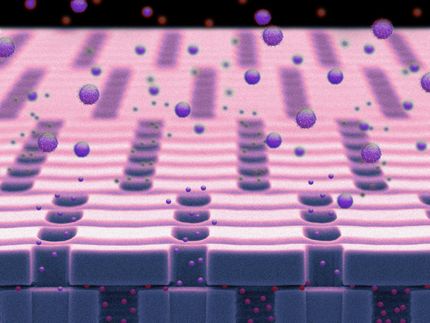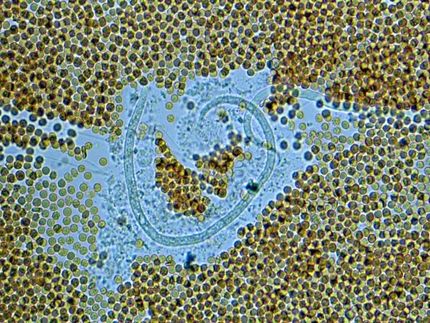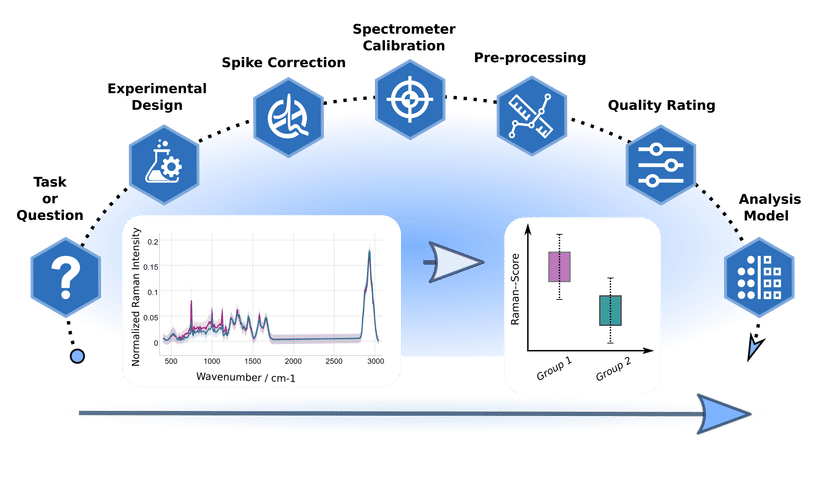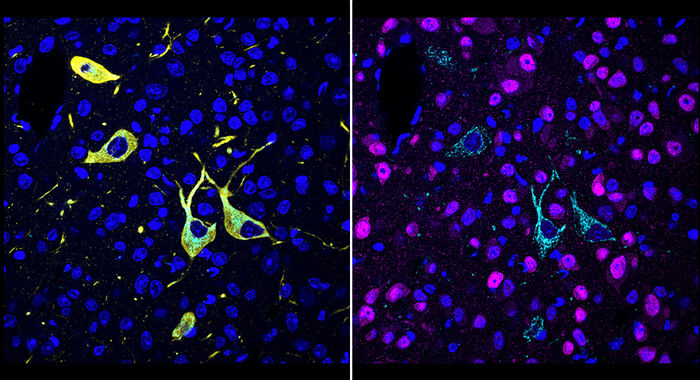Scientists identify how a novel class of antibodies inhibits HIV infection
Scientists at Duke University Medical Center have identified a set of naturally occurring antibodies that can block one of the key ways the AIDS virus gains entry into certain blood cells. They say the discovery, published in the Journal of Experimental Medicine, expands traditional notions about how the immune system fights HIV and offers a potential new strategy for HIV vaccine design.
Researchers have been puzzled and frustrated for years by antibody responses to HIV. In most infections, antibodies that fight off invading pathogens show up quickly and get right to work. But with HIV, the most powerful antibodies typically don't materialize until weeks or even months after initial infection – way too late to be effective.
"The beauty of this newly identified set of antibodies – called polyreactive anti-phospholipid antibodies – is that they are so potent against the type of virus that establishes infection during mucosal transmission," says Anthony Moody, M.D., a member of the Center for HIV/AIDS Vaccine Immunology (CHAVI) at Duke and lead author of the study appearing in the Journal of Experimental Medicine . "Our research suggests we may be able to harness them and enhance their anti-viral activity with a vaccine to fight HIV directly," Moody says.
Moody says the antibodies, PGN632, P1, IS4 and CL1, do not appear to have any pathogenic features, even though other members of the class do. Earlier studies by others have demonstrated that anti-phospholipid antibodies have anti-viral effects, but "what we have done in this paper is to show how they do that," Moody says.
Through a series of laboratory tests on blood taken from HIV-infected patients as well as healthy volunteers, Moody discovered that when these antibodies bind to white blood cells (monocytes), it causes them to secrete substances called chemokines that block HIV from docking with its favorite entry point into a blood cell, the CCR5 receptor. "In other words, they don't go after individual viral particles directly, but instead, indirectly, by creating a chemical roadblock at one of the virus' most commonly used portals."
That doesn't happen all the time, however. The study showed antiviral activity in only 85 percent of the blood they tested – and only in the presence of monocytes.
Investigators believe the finding has particular strategic importance because most of the HIV strains use the CCR5 receptor to gain entry into a cell. Since it is one of the earliest events in the process of infection, being able to potentially intervene at that juncture could be meaningful.
While the findings still have to be tested clinically, they do suggest a new way the immune system might be manipulated to thwart HIV, said Barton Haynes, M.D., director of CHAVI and the Duke Human Vaccine Institute and senior author of the study. "There are two parts of the immune system—the innate and adaptive components—and this study shows a vaccine that could elicit these polyreactive antibodies could recruit both components to fight HIV."
"We have long assumed that a successful vaccine would probably need to attack HIV on multiple fronts," Haynes says. "These findings have given us one more potential way to use the immune system to fight HIV."
Other news from the department science
Most read news
More news from our other portals
See the theme worlds for related content
Topic world Antibodies
Antibodies are specialized molecules of our immune system that can specifically recognize and neutralize pathogens or foreign substances. Antibody research in biotech and pharma has recognized this natural defense potential and is working intensively to make it therapeutically useful. From monoclonal antibodies used against cancer or autoimmune diseases to antibody-drug conjugates that specifically transport drugs to disease cells - the possibilities are enormous

Topic world Antibodies
Antibodies are specialized molecules of our immune system that can specifically recognize and neutralize pathogens or foreign substances. Antibody research in biotech and pharma has recognized this natural defense potential and is working intensively to make it therapeutically useful. From monoclonal antibodies used against cancer or autoimmune diseases to antibody-drug conjugates that specifically transport drugs to disease cells - the possibilities are enormous























































